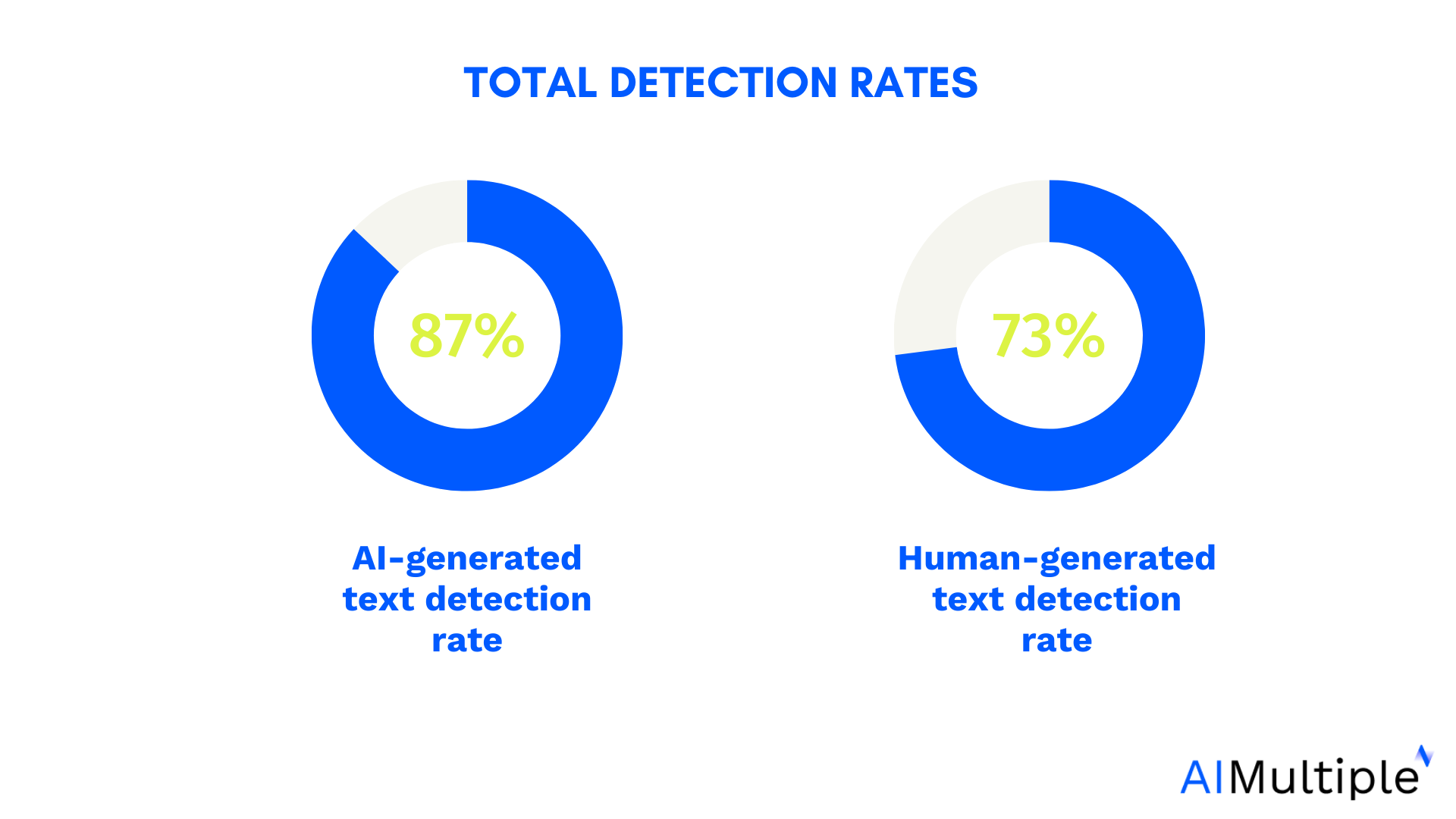TS2201: The types returned by A are
TS2201: The types returned by '{0}' are incompatible between these types TypeScript is a powerful programming language that builds on JavaScript by adding static types (which specify the shape and behavior of your variables and objects). It enables developers to catch errors at compile time rather than runtime, making applications more robust, predictable, and maintainable. Static typing is one of the key aspects of TypeScript, making it easier to understand what your code is expected to do—and how it behaves under specific conditions. If you're looking to master TypeScript or want to discover new ways to utilize AI tools for programming, consider following my blog or using tools like GPTeach to sharpen your development skills. In this article, we will discuss the TypeScript error TS2201: The types returned by '{0}' are incompatible between these types. We'll break it down, uncover why it occurs, and explore solutions to resolve it. Before diving into the error itself, let's briefly discuss one key concept in TypeScript: types. What Are Types in TypeScript? In TypeScript, types define the shape and structure of data. They specify what kind of values your variables, functions, or objects can hold. For example, a variable can be constrained to hold only a string, number, boolean, or even more complex data like objects, arrays, and custom interfaces. Here’s a simple example of types in TypeScript: let username: string = "JohnDoe"; // Only allows string let age: number = 30; // Only allows number let isAdmin: boolean = true; // Only allows boolean Without types, it would be easy to accidentally assign incorrect data to variables, causing runtime errors. Types let us enforce rules during development, providing tools to catch logic errors and mismatched assignments before testing or production. Understanding the Error: TS2201: The types returned by '{0}' are incompatible between these types The error TS2201: The types returned by '{0}' are incompatible between these types occurs when two types are expected to align, but their return values (the data types they produce) don’t match. This conflict often arises in scenarios involving function overloads, interfaces, inheritance, or type definitions where there’s an expectation that two interacting types or functions will return data of the same kind—but that expectation isn’t met. This error can often be confusing, so let's break it down with an example. Example: Function-type Mismatch Here’s a function-type mismatch that triggers TS2201: interface HasName { getName(): string; } interface HasDifferentName { getName(): number; } const obj: HasName & HasDifferentName = { getName: () => "Alice", // Error here! }; In this example: HasName is an interface that defines a function getName, which returns a string. HasDifferentName defines the same getName function but expects it to return a number. When we try to create an object that satisfies both interfaces, an error occurs because the return types (string and number) of getName are incompatible. Error Message: TS2201: The types returned by 'getName' are incompatible between these types. How to Solve It: To fix this issue, you need to ensure the return types are aligned and compatible with each other. Here’s the corrected approach: interface HasName { getName(): string; // Expects a string } interface HasDifferentName { getName(): string; // Now also expects a string } const obj: HasName & HasDifferentName = { getName: () => "Alice", // No error }; In this corrected code, both HasName and HasDifferentName now agree that getName will return a string. As a result, the error disappears. Other Common Scenarios Where TS2201 Occurs: Function Overloads: function double(value: number): number; function double(value: string): string; function double(value: number | string): string { if (typeof value === "number") { return value * 2; // Error: must return `string` } return value.repeat(2); } Fix: Return the correct type: function double(value: number): number; function double(value: string): string; function double(value: number | string): number | string { if (typeof value === "number") { return value * 2; // Correct type } return value.repeat(2); } Subclasses and Method Conflicts: class Parent { getData(): string { return "data"; } } class Child extends Parent { getData(): number { return 42; // Error: Return type isn't compatible } } Fix: Ensure the return type in the subclass matches the parent: class Child extends Parent { getData(): string { return "child data"; // Correct return type } } Important to Know! Intersection Types: When using & to merge types or interfaces, all participating

TS2201: The types returned by '{0}' are incompatible between these types
TypeScript is a powerful programming language that builds on JavaScript by adding static types (which specify the shape and behavior of your variables and objects). It enables developers to catch errors at compile time rather than runtime, making applications more robust, predictable, and maintainable. Static typing is one of the key aspects of TypeScript, making it easier to understand what your code is expected to do—and how it behaves under specific conditions. If you're looking to master TypeScript or want to discover new ways to utilize AI tools for programming, consider following my blog or using tools like GPTeach to sharpen your development skills.
In this article, we will discuss the TypeScript error TS2201: The types returned by '{0}' are incompatible between these types. We'll break it down, uncover why it occurs, and explore solutions to resolve it. Before diving into the error itself, let's briefly discuss one key concept in TypeScript: types.
What Are Types in TypeScript?
In TypeScript, types define the shape and structure of data. They specify what kind of values your variables, functions, or objects can hold. For example, a variable can be constrained to hold only a string, number, boolean, or even more complex data like objects, arrays, and custom interfaces.
Here’s a simple example of types in TypeScript:
let username: string = "JohnDoe"; // Only allows string
let age: number = 30; // Only allows number
let isAdmin: boolean = true; // Only allows boolean
Without types, it would be easy to accidentally assign incorrect data to variables, causing runtime errors. Types let us enforce rules during development, providing tools to catch logic errors and mismatched assignments before testing or production.
Understanding the Error: TS2201: The types returned by '{0}' are incompatible between these types
The error TS2201: The types returned by '{0}' are incompatible between these types occurs when two types are expected to align, but their return values (the data types they produce) don’t match. This conflict often arises in scenarios involving function overloads, interfaces, inheritance, or type definitions where there’s an expectation that two interacting types or functions will return data of the same kind—but that expectation isn’t met.
This error can often be confusing, so let's break it down with an example.
Example: Function-type Mismatch
Here’s a function-type mismatch that triggers TS2201:
interface HasName {
getName(): string;
}
interface HasDifferentName {
getName(): number;
}
const obj: HasName & HasDifferentName = {
getName: () => "Alice", // Error here!
};
In this example:
-
HasNameis an interface that defines a functiongetName, which returns astring. -
HasDifferentNamedefines the samegetNamefunction but expects it to return anumber. - When we try to create an object that satisfies both interfaces, an error occurs because the return types (
stringandnumber) ofgetNameare incompatible.
Error Message:
TS2201: The types returned by 'getName' are incompatible between these types.
How to Solve It:
To fix this issue, you need to ensure the return types are aligned and compatible with each other. Here’s the corrected approach:
interface HasName {
getName(): string; // Expects a string
}
interface HasDifferentName {
getName(): string; // Now also expects a string
}
const obj: HasName & HasDifferentName = {
getName: () => "Alice", // No error
};
In this corrected code, both HasName and HasDifferentName now agree that getName will return a string. As a result, the error disappears.
Other Common Scenarios Where TS2201 Occurs:
- Function Overloads:
function double(value: number): number;
function double(value: string): string;
function double(value: number | string): string {
if (typeof value === "number") {
return value * 2; // Error: must return `string`
}
return value.repeat(2);
}
Fix:
Return the correct type:
function double(value: number): number;
function double(value: string): string;
function double(value: number | string): number | string {
if (typeof value === "number") {
return value * 2; // Correct type
}
return value.repeat(2);
}
- Subclasses and Method Conflicts:
class Parent {
getData(): string {
return "data";
}
}
class Child extends Parent {
getData(): number {
return 42; // Error: Return type isn't compatible
}
}
Fix:
Ensure the return type in the subclass matches the parent:
class Child extends Parent {
getData(): string {
return "child data"; // Correct return type
}
}
Important to Know!
-
Intersection Types: When using
&to merge types or interfaces, all participating types must be compatible in their definitions. - Override Behavior: When overriding a method or implementing an interface, ensure that the return type precisely matches the expected definition.
- Function Overloads: Pay attention to the return type in overloaded functions. Each must conform to the broader type signature.
FAQ: TS2201: The types returned by '{0}' are incompatible between these types.
Q: What’s the most common cause of TS2201?
A: It often occurs when there’s a mismatch in function return types, such as in overloaded methods, mismatched interfaces, or inherited classes.
Q: Can this error happen with primitive types?
A: Yes, even mismatched primitive types like string and number will cause this error when there's an inconsistency in definitions.
Q: How difficult is it to debug TS2201?
A: Once you know where the mismatch occurs (in interfaces, functions, or classes), it’s straightforward to align return types and resolve the problem.
Q: Can this error happen with union or intersection types?
A: Yes, especially with intersection types (&), where all merged types must have compatible returns for shared methods or properties.
Conclusion
The error TS2201: The types returned by '{0}' are incompatible between these types can seem tricky at first, but it highlights one of TypeScript’s strongest features: strict type safety. This error ensures that all interacting parts of your application communicate correctly and return the expected data types. By understanding the root cause of these conflicts—whether in interfaces, classes, overloads, or type intersections—you can confidently resolve them and build cleaner, more reliable applications. TypeScript’s type system may feel rigorous, but it’s the key to writing scalable and error-free code.
Keep learning, and remember to follow my blog or visit GPTeach to enhance your TypeScript and programming expertise!






































































































































































![[The AI Show Episode 145]: OpenAI Releases o3 and o4-mini, AI Is Causing “Quiet Layoffs,” Executive Order on Youth AI Education & GPT-4o’s Controversial Update](https://www.marketingaiinstitute.com/hubfs/ep%20145%20cover.png)




























































































































![Ditching a Microsoft Job to Enter Startup Purgatory with Lonewolf Engineer Sam Crombie [Podcast #171]](https://cdn.hashnode.com/res/hashnode/image/upload/v1746753508177/0cd57f66-fdb0-4972-b285-1443a7db39fc.png?#)









































































































































_Piotr_Adamowicz_Alamy.jpg?width=1280&auto=webp&quality=80&disable=upscale#)















































































































![Samsung's New Galaxy S25 Edge Takes Aim at 'iPhone 17 Air' [Video]](https://www.iclarified.com/images/news/97276/97276/97276-640.jpg)
![Apple to Launch AI-Powered Battery Saver Mode in iOS 19 [Report]](https://www.iclarified.com/images/news/97309/97309/97309-1280.jpg)

![Apple Officially Releases macOS Sequoia 15.5 [Download]](https://www.iclarified.com/images/news/97308/97308/97308-640.jpg)


































































































